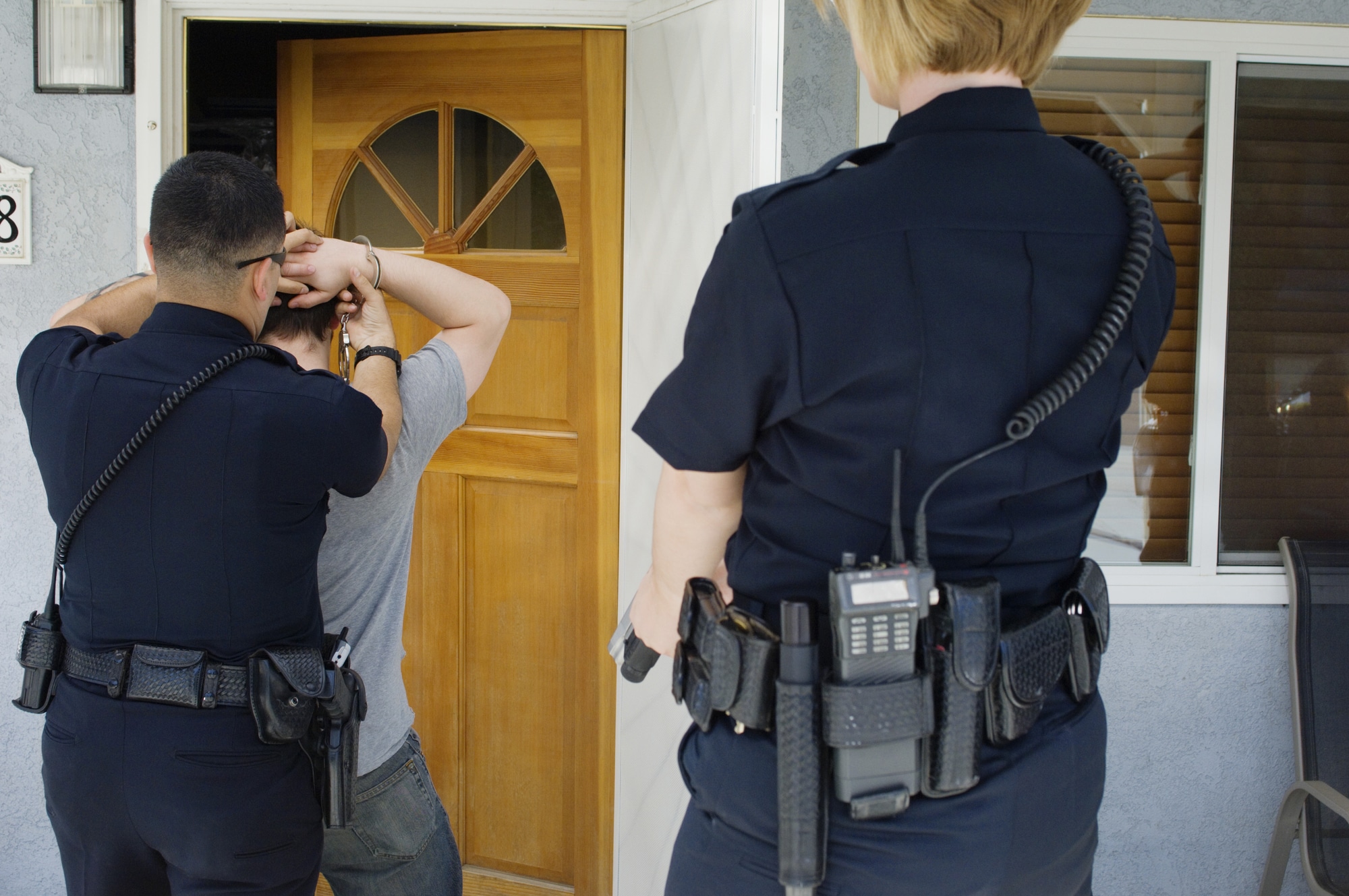We Listen & Care
Proven and experienced attorneys successfully advocating and resolving complex cases for over 25 years

We Listen & Care
Proven and experienced attorneys successfully advocating and resolving complex cases for over 25 years


A significant part of Dixon & Moseley, P.C. practice focuses on family law, which is also known as “domestic relations.” Today, domestic relations law is broader in scope than ever before, including traditional divorce and paternity cases, to a growing array of people who define themselves as a “couple” or in a “family” relationship, along with third parties who are rearing the children of other parents.

Dixon & Moseley, P.C. practice helps individuals with criminal cases through the criminal courts to which its attorneys are admitted and also criminal appeals to Indiana State and federal appellate (7th Circuit) courts, along with cases in the United States Supreme Court. Criminal cases include violations of the hundreds of criminal codes that set out the criminal acts under state or federal law.

Dixon & Moseley, P.C. practice helps individuals throughout the process of writing appeals. Ultimately, an appeal is your story based on the trial in a written, miniature book. Appellate attorneys are, in many respects, storytellers to help paint your legal matter into written word. There is no specific right or wrong way to do so, but having skilled appellate counsel can help you create the best and strongest argument for your case.

Dixon & Moseley, P.C. attorneys are ready to help provide guidance to individuals and businesses to strike the right balance between probable risks versus legal cost with each client’s issue. We aim to be accessible for individuals and small businesses with routine matters to provide advice and sound strategies. Knowing your options and making informed choices is what we believe is the mantra of a general practice attorney.
Your counsel should make you feel comfortable and confident in the handling your case. Need to talk now? Fill out the quick form below and we will contact you directly.
Please fill out the form below and we will be in touch with you shortly.

Dixon & Moseley, P.C., is a law firm located in Indianapolis, Indiana. We serve clients in six core practice areas: family law, appellate practice, firearms law, general practice, personal injury and criminal law.
Call Now



Copyright © 2024 Ciyou & Dixon, P.C., Attorneys at Law. All rights reserved. This Site does not provide legal advice; please review the disclaimer for other limitations. Privacy Policy
Based in Indianapolis and founded in 1995, Dixon & Moseley, P.C. is a niche law firm focused on successfully dealing with the complexities of divorce, high-conflict child custody and family law. Known for their ability to solve extremely complex situations with high quality work and responsiveness, Dixon & Moseley, P.C. will guide you every step of the way. The family law attorneys at Dixon & Moseley, P.C. will help you precisely identify your objectives and the means to reach your desired result. Life is uncertain. Be certain of your counsel. Indianapolis Divorce Attorneys, Dixon & Moseley, P.C.
Indianapolis Divorce Attorneys, Dixon & Moseley, P.C. of Indianapolis, Indiana, offers legal services for Indianapolis, Zionsville, Noblesville, Carmel, Avon, Anderson, Danville, Greenwood, Brownsburg, Geist, Fortville, McCordsville, Muncie, Greenfield, Westfield, Fort Wayne, Fishers, Bloomington, Lafayette, Marion County, Hamilton County, Hendricks County, Allen County, Delaware County, Morgan County, Hendricks County, Boone County, Vigo County, Johnson County, Hancock County, and Tippecanoe County, Indiana.